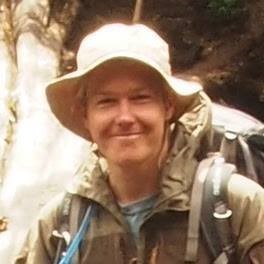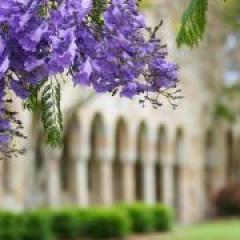The rights of Indigenous people and world heritage: Findings from the Tasmanian Wilderness World Heritage Area
Abstract
International research collaborations seek to link human rights with conservation practice in world heritage. Locally, archaeologists seek to approach their practice in ways which are responsive to the rights of the people with whom they work. Lessons from one area inform the other.
A case study in the Tasmanian Wilderness World Heritage Area (TWWHA) provides both a complex backdrop of Indigenous rights issues, and changing priorities in the conservation and management of a world heritage property. Analysis of management documents, combined with ethnographic research with Tasmanian Aboriginal people identifies the forces which affect how world heritage areas are managed in light of the rights of Indigenous people. A new management plan provides greater opportunity for Tasmanian Aboriginal people to access and actively manage the landscape, while re-invigorating cultural practices and strengthening a sense of cultural identity. Insights from these findings inform the further development of rights-based approaches to archaeological practice.
About the Presenter
 Silas Piotrowski is a PhD candidate at the UQ School of Social Science, and is based in Tasmania. After completing an Honours in archaeology at UQ in 2010, he went on to work in native title in Western Australia. His interests include human rights-based approaches to heritage management, heritage legislation and policy development, and world heritage area conservation.
Silas Piotrowski is a PhD candidate at the UQ School of Social Science, and is based in Tasmania. After completing an Honours in archaeology at UQ in 2010, he went on to work in native title in Western Australia. His interests include human rights-based approaches to heritage management, heritage legislation and policy development, and world heritage area conservation.
About Archaeology Working Papers
The Working Papers in Archaeology seminar series provides a forum for dissemination of archaeological research and ideas amongst UQ archaeology students and staff. All students are invited to attend the series and postgraduate students, from honours upwards, are invited to present their research. The aim is to provide opportunities for students, staff and those from outside UQ, to present and discuss their work in an informal environment. It is hoped that anyone interested in current archaeological directions, both within and outside the School and University, will be able to attend and contribute to the series.


